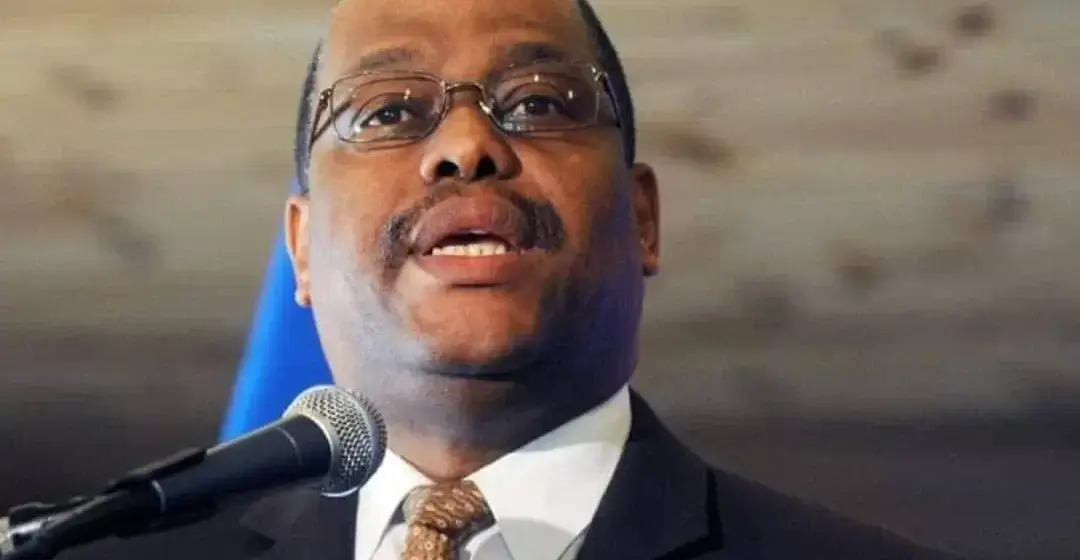|
LISTEN TO THIS THE AFRICANA VOICE ARTICLE NOW
Getting your Trinity Audio player ready...
|
Haiti’s nine-member transitional council Tuesday appointed Garry Conille as the new prime minister. This decision comes during a tumultuous period for the Caribbean nation, where gangs have seized control over much of the capital, Port-au-Prince.
Conille is no stranger to the role, having previously served as prime minister from October 2011 to February 2012, before resigning after clashes with then-President Michel Martelly. He replaced interim Prime Minister Michel Patrick Boisvert, who took on the role following the resignation of Prime Minister Ariel Henry in late April. The selection process for a new prime minister has been fraught with difficulties, marked by false starts and controversies.
Haiti has been without a federal election since the assassination of President Jovenel Moise in July 2021. Ariel Henry, an unelected official appointed days before the assassination, assumed the role of acting president after Moise’s death. Henry’s failure to call for an election to replace Moise has further exacerbated the country’s instability. In January 2023, the terms of the last elected federal officials, 10 senators, expired, leaving a power vacuum that gangs have sought to fill. These gangs now control approximately 80 percent of Port-au-Prince, including vital roadways.
The United Nations estimates that over 362,000 Haitians have been displaced due to the ensuing violence. In the first three months of 2024 alone, gang-related violence has resulted in more than 1,500 deaths and hundreds of injuries. Amid increasing domestic and international pressure, Henry announced his decision to step down as prime minister in March. During a trip to Kenya to seek support for an international security mission to aid Haiti’s police, Henry was stranded outside the country as gangs attacked key infrastructure, including prisons, police stations, and the capital’s airport.
In response to the escalating crisis, the Caribbean Community (CARICOM) brokered the formation of a transitional council aimed at restoring democracy in Haiti. The council, which includes nine members, seven of whom have voting powers, is expected to disband in 2026 following a new presidential election. Conille’s appointment as prime minister was the result of a six-to-one vote. Since 2023, Conille has served as a regional director for Latin America at UNICEF, a UN agency providing humanitarian aid to children.
However, the process of selecting a new prime minister has not been without confusion. Last month, four of the council’s seven voting members initially chose former sport minister Fritz Belizaire for the position, only to retract the decision after criticisms regarding procedural irregularities. Even Conille’s appointment has been met with skepticism. Line Balthazar, president of the Tet Kale party, expressed concerns over the improvised nature of the selection process in a local radio interview on Monday.
The Montana Accord, a Haitian civil society group, has also questioned the transparency of the transitional council, noting a lack of clarity in its decision-making process. “The suffering of the people is getting worse, while the gangs are taking control of more territory and committing more crimes,” the group stated on Tuesday, calling for “consequential measures” to restore stability in Haiti.
Adding to the complexity, gang leaders have signaled their unwillingness to recognize the council’s authority or its decisions. “We’re not going to recognize the decisions that CARICOM takes,” declared Jimmy “Barbecue” Cherizier, leader of the G9 Family and Allies gang, in an interview with Al Jazeera in March.











LEAVE A COMMENT
You must be logged in to post a comment.